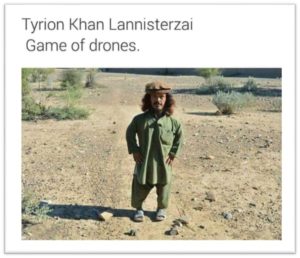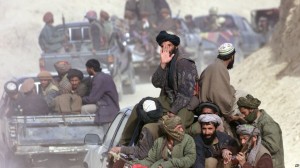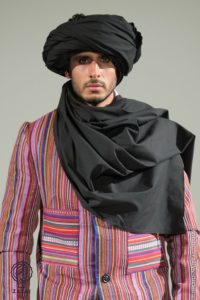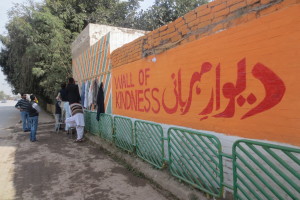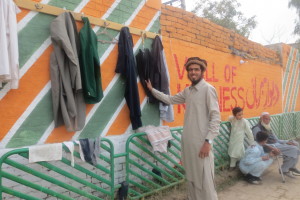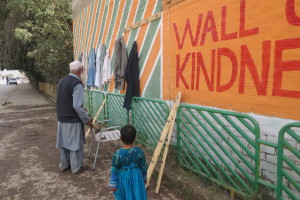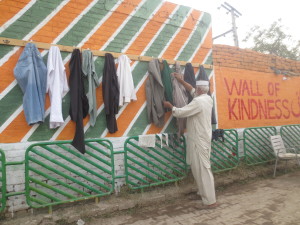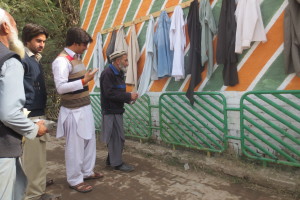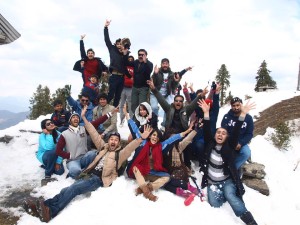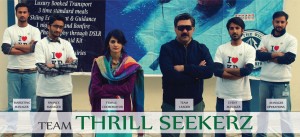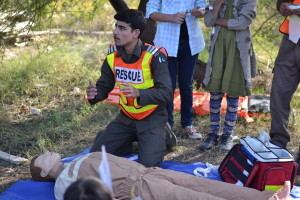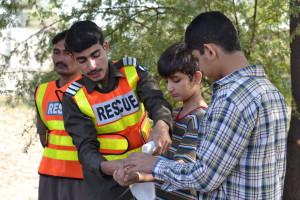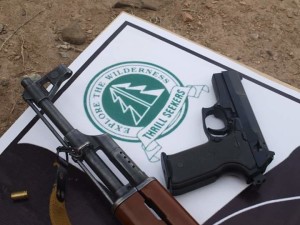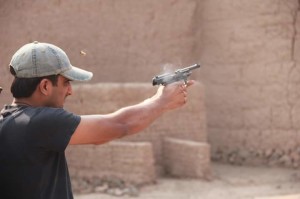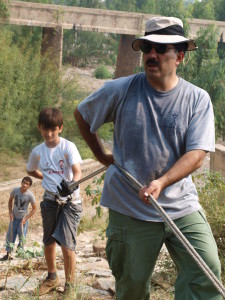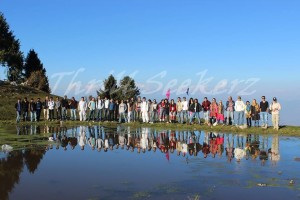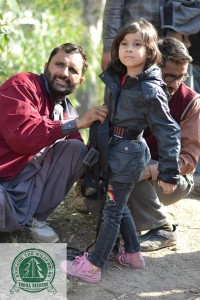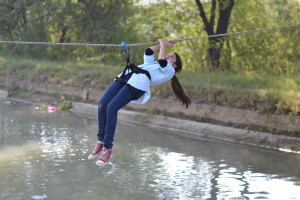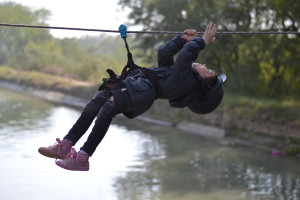By Niala Mohammad
If you are not addicted to Game of Thrones, you’ve at least heard about the popular fantasy drama series and its catchy theme song. The young men of Khumariyaan have given new life to Ramin Djawadi’s composition by adapting the GoT theme song to a Pashtun beat. This track is quickly becoming a hit among the younger generations of Pashtuns in the “Land of Drones”.
The HBO television series has become a craze worldwide, captivating audiences in Pakistan and Afghanistan. Obsessed fans in the region are looking for ways (both legally and illegally) to stream the show in order to keep up with the six season series.
The Game of Thrones television series is an adaptation of George R. R. Martin’s sequence novels. The story-line of the show revolves around competing claimants for succession to the “Iron Throne”. The theme of the series resonates well with Pashtun audiences who are similarly entrenched in tribal competitions and battles for succession. Fan-followings often draw comparisons between characters in the show and Pashtun men.
Pashtun youth have generated memes comparing Game of Thrones characters such as Tyrion Lannister and Jon Snow to locals and celebrities like Fawad Khan.
Khumariyaan’s self proclaimed “Jon Snow”, and avid Game of Thrones fan Sparlay Rawail explained to VOA Deewa, “it was fairly easy [to adapt the song], it’s not actually on the 7 beat cycle that Pashto music normally is on, just the regular 6 beat cycle. But we’ve made it sound like it’s the Pashto beat.”
The young men of Khumariyaan were able adapt the theme song of Game of Thrones so naturally to their native orchestra that the instrumental track has become addicting to listen to.
Listen to Khumariyaan’s Cover to the Game of Thrones theme song here:


